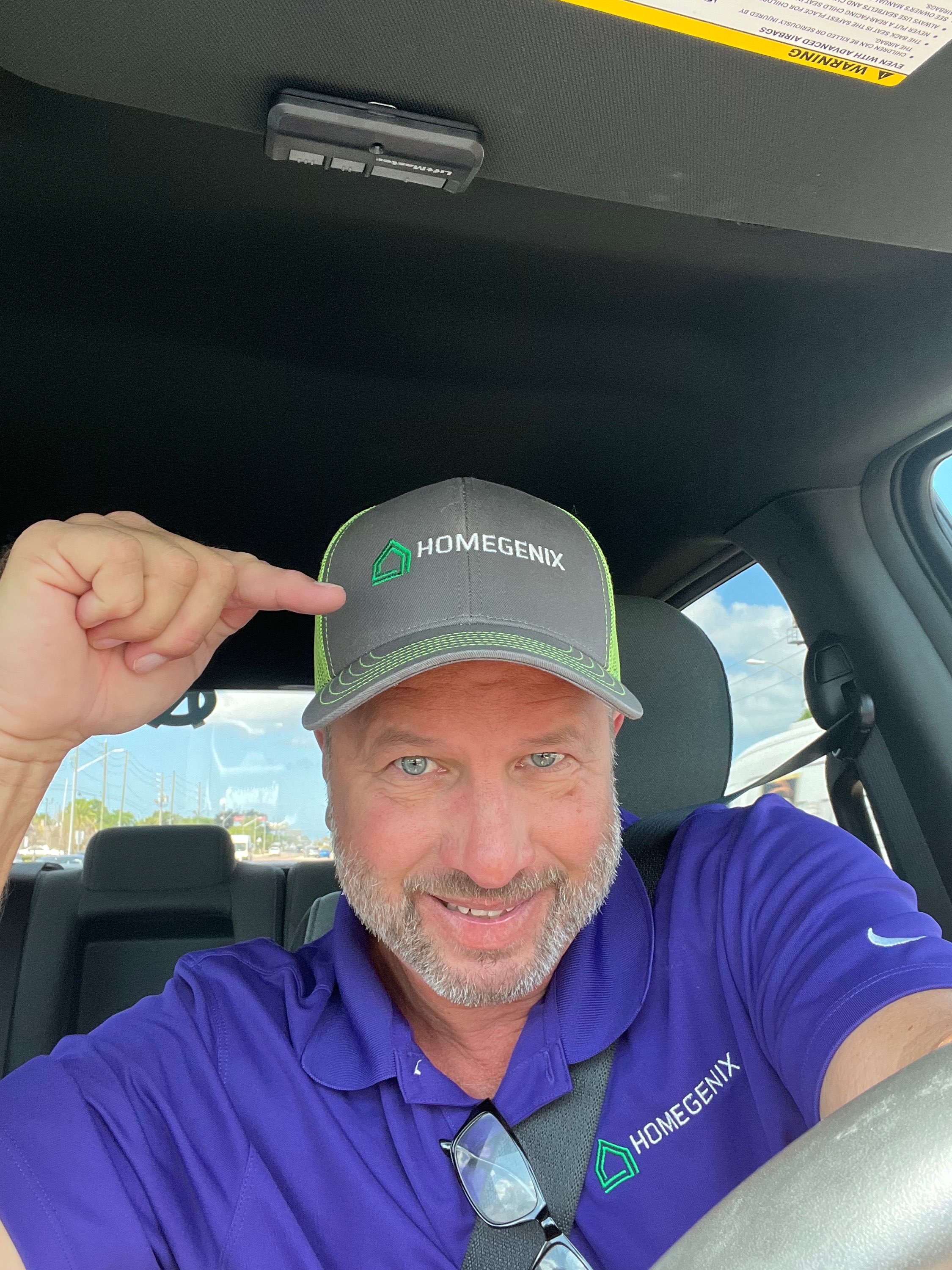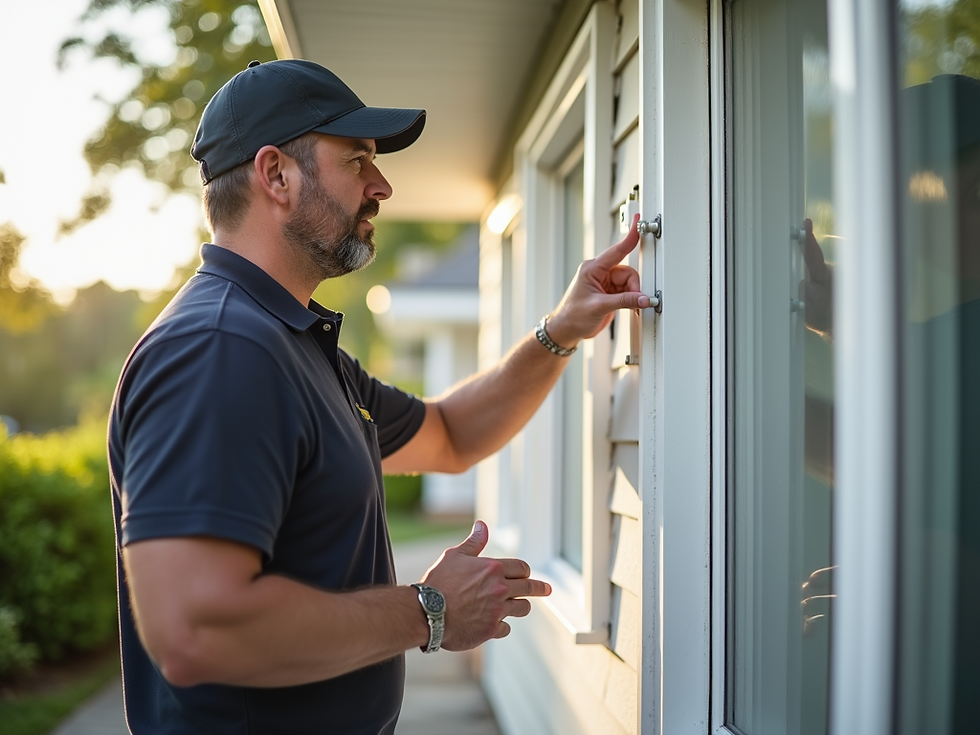Unveiling the Hidden Challenges: Major Issues Home Inspectors Discover in Florida Homes
- David Lee
- Jun 21, 2025
- 4 min read
Buying a home in Florida can feel like a dream come true. The state is known for its sunny skies, picturesque beaches, and vibrant culture. However, beneath the beautiful exterior, many homes may have hidden issues that can lead to significant headaches for homeowners. Home inspectors play a vital role in uncovering these challenges, ensuring buyers make informed decisions. This blog post highlights some of the most common problems that home inspectors find in Florida homes.
Weather-Related Concerns
Florida's climate presents distinct challenges for homeowners. With high humidity and frequent storms, issues with roofing and structural integrity are common.
For instance, inspections often reveal wind damage from hurricanes: compromised roofs, missing shingles, and hidden water damage that may not be visible to the untrained eye. According to the National Oceanic and Atmospheric Administration, Florida experiences more than 100 thunderstorms a year, with hurricanes causing substantial damage. Inspectors focus on identifying leaks, moisture intrusion, and structural weaknesses that can worsen during extreme weather. Understanding these risks is crucial for potential buyers in making a well-informed decision.
Mold and Mildew
The warm, humid climate of Florida is a perfect habitat for mold and mildew. Home inspectors frequently uncover areas with moisture accumulation, which creates ideal conditions for mold to thrive.
For example, attics, basements, and under sinks are common hotspots for mold growth. According to the Environmental Protection Agency, mold can trigger respiratory issues, making it important to address any mold presence before purchasing a home. Inspectors not only look for visible mold but also investigate the source of moisture to help buyers understand the extent of the problem.
Inadequate Drainage Systems
Proper drainage is crucial in a state that receives heavy rainfall. Home inspectors often discover inadequate drainage systems, which can lead to significant water pooling around a home's foundation.
Common findings include clogged gutters and poorly graded landscapes. In some areas, improper drainage can lead to water damage and structural problems costing tens of thousands of dollars to repair. A thorough inspection provides valuable insights into the home's drainage effectiveness, helping buyers avoid future complications.
Pest Infestations
Florida's warm weather makes it a prime breeding ground for pests. Home inspectors often find signs of pest infestations, including termites, ants, and rodents.
Termites are particularly problematic, causing an estimated $5 billion in damage yearly across the U.S. Their presence may go unnoticed until it's too late. Inspectors look for signs of wood damage and assess the need for pest control measures. It's essential for potential buyers to understand the history of pest activity in a home to anticipate possible challenges.
Electrical Issues
With the state's frequent thunderstorms and hurricanes, reliable electrical systems are a must for Florida homes. Inspectors often find outdated wiring, insufficient grounding, and issues with circuit breakers.
Older homes may not meet current electrical code requirements, increasing risks of fire or electrical failure. In fact, the National Fire Protection Association reports that electrical failures contribute to significant fire loss each year. A thorough evaluation of electrical systems ensures the home is safe and reduces the likelihood of costly upgrades in the future.
Plumbing Problems
Plumbing issues pose yet another significant concern in Florida homes. Aging pipes, particularly those made from polybutylene, can lead to leaks and costly water damage.
Inspectors carefully check pipe conditions, functionality of fixtures, and overall water pressure in the home. According to the American Society of Home Inspectors, nearly 15% of homes have plumbing leaks. Inspectors also investigate for signs of leaks, emphasizing the need for immediate attention to avoid extensive damage.

HVAC System Challenges
In the sweltering heat of Florida, a functioning HVAC system is essential for comfort. Home inspectors thoroughly evaluate these systems to identify potential issues such as insufficient airflow, aged components, and poor maintenance.
A well-functioning HVAC system not only ensures comfort but also impacts energy efficiency. According to the U.S. Department of Energy, regularly maintained systems can save homeowners up to 30% on their energy bills. Inspectors often provide repair or upgrade recommendations to help buyers negotiate better terms.
Foundation Issues
Foundation problems are among the most critical concerns that inspectors look for in Florida homes. The sandy soil and risk of flooding can lead to shifting foundations.
Inspectors carefully examine foundation walls for cracks and signs of settling. Issues like uneven floors and sticking doors may indicate deeper structural concerns. Addressing these problems can be costly, making it essential for potential homeowners to understand the foundation's condition before making a purchase.
Understanding Home Inspector Insights
For prospective homeowners in Florida, being aware of the common issues identified by home inspectors can save considerable time and money. From weather-related challenges to pest infestations and plumbing problems, recognizing these risks is crucial while purchasing a home.
Home inspectors provide valuable insights that may not be immediately visible. Their thorough assessments equip buyers with essential knowledge, ensuring that their dream home remains a sound investment for the future.
By understanding these potential challenges, buyers can navigate the home-buying process in Florida with confidence.





Comments